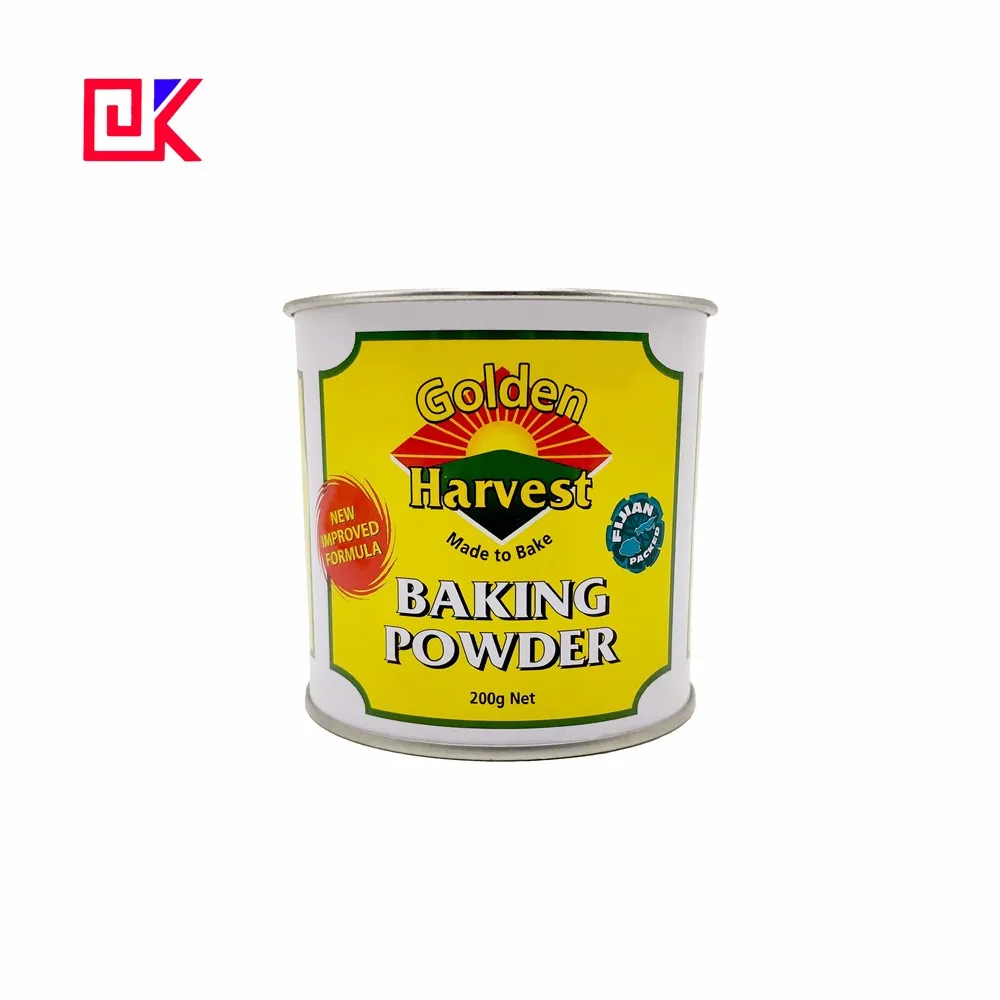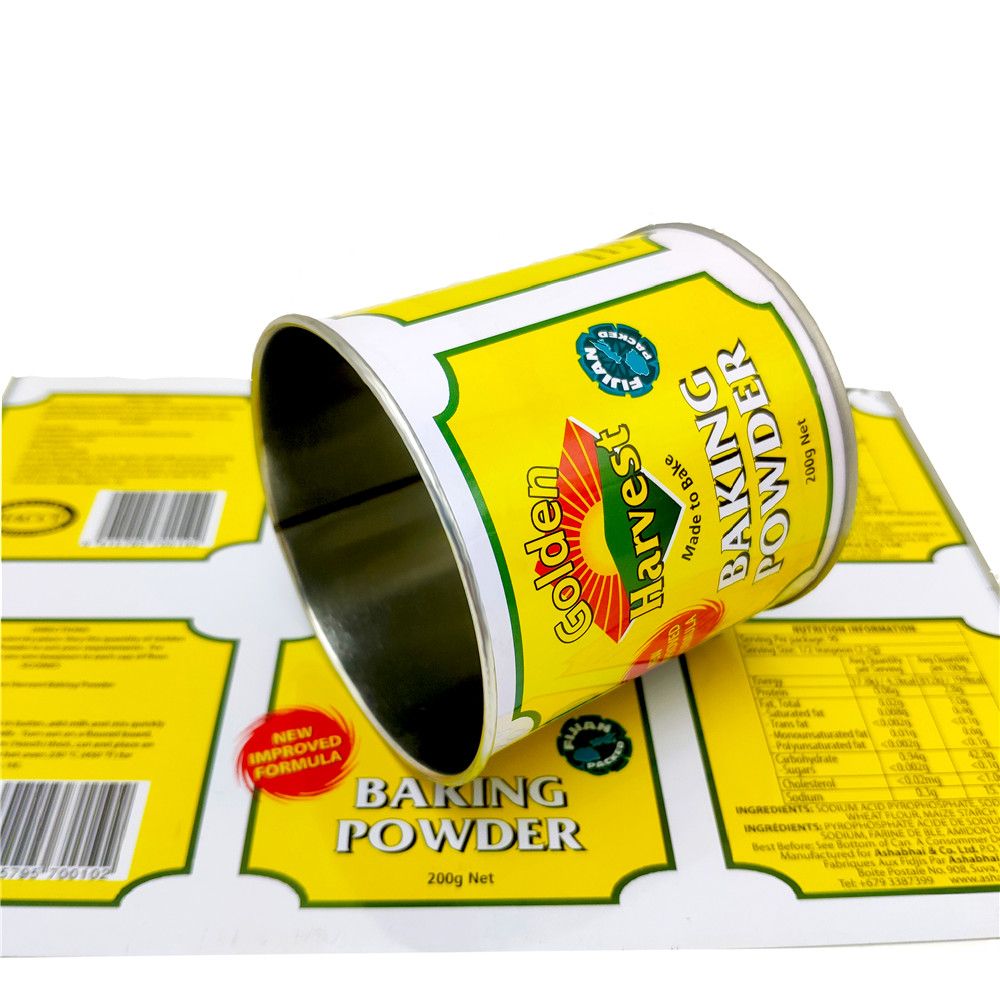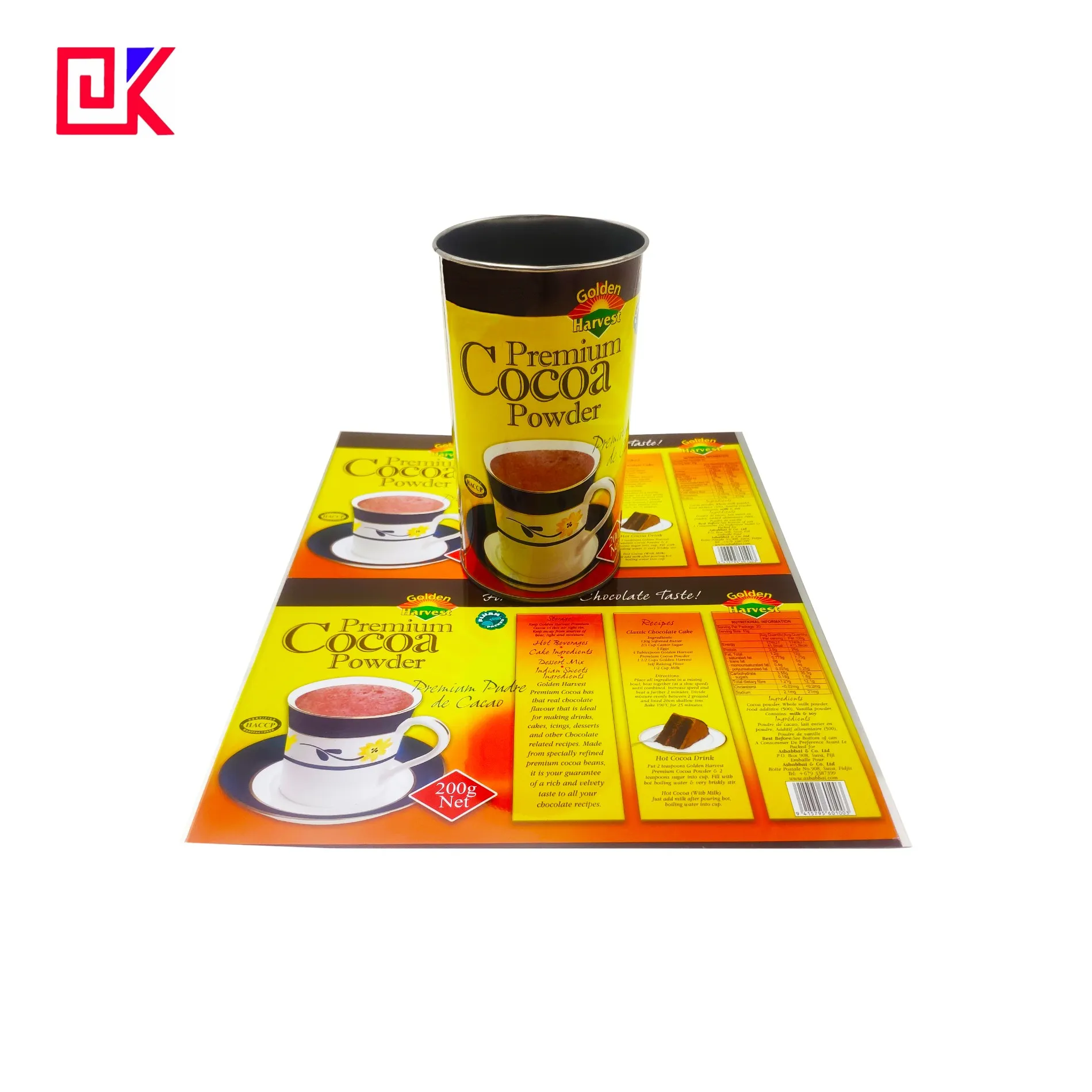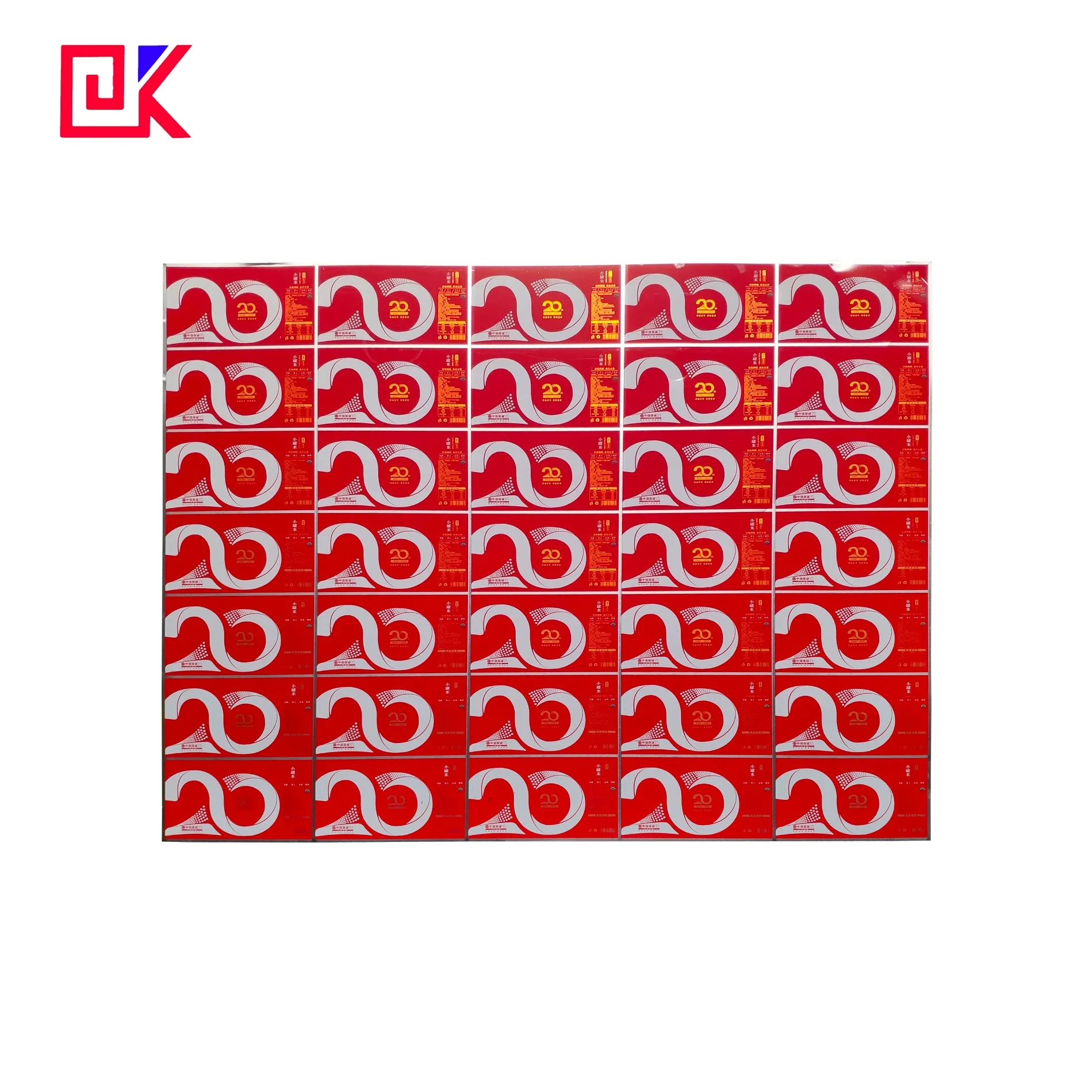Coffee, a beverage with diverse flavor and rich taste, is beloved by consumers worldwide. However, coffee beans and ground coffee have high requirements for storage conditions. They must not only maintain their unique aroma and taste, but also prevent oxidation and moisture from affecting their quality. Therefore, selecting the right packaging material is a crucial task for the coffee industry.
Many manufacturers choose metal packaging, with tinplate being the most common. This article will explore the packaging needs of coffee, analyze the advantages and disadvantages of different materials, and answer the question, "Are tin plate cans suitable for coffee packaging?"

What are the requirements for coffee packaging cans?
1. Why does coffee storage require special attention to packaging?
Coffee, whether in bean or powder form, is highly sensitive to storage conditions. First, coffee contains a large amount of aromatic compounds. Especially after roasting, coffee beans or ground coffee release carbon dioxide and accompanying volatilization. This process, when exposed to air, can easily cause the aroma to dissipate, affecting the coffee's taste. Secondly, coffee is highly susceptible to moisture, which can oxidize its oils and fats, causing them to become rancid and affecting the taste. Therefore, coffee packaging must possess the following characteristics:
• Good airtightness: Effectively seals out air, preventing oxidation and loss of aroma.
• Moisture resistance: Prevents moisture from entering the coffee, maintaining the coffee's dryness.
• Light-blocking properties: Protects against sunlight and light that may affect coffee components, minimizing flavor loss.
• Corrosion resistance: The oils and fats in coffee beans or powder can form acids during long-term storage, necessitating protection of the packaging material from corrosion.
2. Does coffee packaging need to consider gas emissions?
Another key factor to consider in coffee packaging design is carbon dioxide emissions. Roasted coffee beans continue to release carbon dioxide during storage. If this carbon dioxide is not released promptly, the accumulation of carbon dioxide can cause bloating in the packaging, compromising the seal. Therefore, packaging often requires a "one-way valve" to allow internal gas to escape while preventing outside air from entering. This design is crucial for maintaining the coffee's freshness.

What are the common types of coffee packaging cans?
1. Are glass jars suitable for coffee storage?
Glass jars are a popular choice for home coffee storage. Glass offers the advantages of a good seal and is odor-free, which doesn't affect the coffee's flavor. Furthermore, glass jars allow for direct viewing of the coffee level, making it easy to access. However, glass jars offer limited light-shielding properties and must be stored in a dark place to prevent oxidation caused by sunlight. Furthermore, glass jars are fragile and difficult to transport, making them less than ideal for commercial packaging. However, they are a good option for home use.
2. Are plastic jars suitable for long-term coffee storage?
Plastic jars are generally lightweight and resistant to breakage, making them suitable for transportation. Some plastic jars on the market offer good sealing properties, especially those equipped with sealing rings, which prevent air from entering. However, plastic jars have limited airtightness and moisture resistance and are susceptible to temperature fluctuations, making them unsuitable for long-term storage of high-end coffee. Furthermore, plastic cans may impart a slight odor when storing coffee, affecting the flavor. Therefore, plastic jars are more suitable for ready-to-drink or short-term consumption coffee products rather than for long-term storage of high-quality coffee beans or powder.
3. Are aluminum cans suitable for coffee packaging?
Aluminum cans are common in beverage packaging, especially carbonated drinks and beer, but they are also widely used in coffee packaging. Aluminum cans offer excellent sealing and light-blocking properties, effectively insulating against air and preventing oxidation. However, they are often coated with a food-grade lining to prevent the aluminum from reacting with the acid in coffee. Aluminum cans are also easily recyclable and lightweight, making them suitable for long-term transportation. However, their high production costs make them suitable for some high-end ready-to-drink coffee brands, but less so for packaging coffee beans or grounds.
4. Why are tinplate cans so commonly used for coffee packaging?
Tinplate cans are widely used in coffee packaging due to their excellent sealing, light-blocking, and moisture-resistant properties, effectively extending the shelf life of coffee. Their sturdiness makes them suitable for a variety of transportation methods and they are resistant to environmental influences. Tin plate cans can also be designed with a one-way valve to release carbon dioxide while maintaining the internal environment. These advantages make tin plate cans the packaging material of choice for many coffee brands.
Do tinplate cans meet the packaging needs of coffee?
1. Do tinplate cans effectively block air?
Tinplate cans offer excellent sealing properties. Sealed with a roll-to-seal method, they prevent air from easily entering. Their seal not only blocks air but also effectively prevents moisture from entering, making them particularly suitable for coffee products that require dry storage. Furthermore, tin plate cans often come with plastic lids, creating a double layer of protection that effectively prevents seal problems and ensures the freshness of the coffee.
2. Do tinplate cans block light?
Light significantly impacts the flavor of coffee, especially sunlight, which accelerates oxidation of coffee beans and causes flavor loss. Tin plate cans offer excellent light-blocking properties, effectively blocking external light sources and preserving the aromatic components of coffee beans and powder. Even during long-term storage in brightly lit environments, the light-blocking properties of tin plate cans ensure the preservation of coffee and prevent flavor loss.
3. How corrosion-resistant are tin plate cans?
Tinplate is tinned during the manufacturing process, effectively preventing rust and corrosion. However, coffee contains a certain amount of acid. To prevent the acid from reacting with the metal, tinplate cans are often coated with a special lining. This food-grade lining not only isolates the metal from the contents but also ensures the food safety of the packaging, extending the shelf life of the coffee. Therefore, treated tinplate cans are safe for coffee storage.

What design details are suitable for tinplate cans?
1. Is a one-way air valve suitable for tinplate cans?
A one-way air valve is a key feature of tinplate cans for coffee packaging. It allows carbon dioxide released by roasted coffee beans to escape while preventing air from entering, preventing oxidation. Especially for freshly roasted coffee beans, the one-way air valve design effectively reduces expansion of the coffee bag, ensuring the best possible coffee taste. This design is used in many high-end coffee products, effectively solving the problems of sealing and gas release.
2. What is the sealing design of the tinplate can lid?
Tinplate cans typically feature either snap-on or screw-on caps. Snap-on caps offer a better airtight seal, while screw-on caps offer easier access. Some tinplate cans also incorporate internal rubber gaskets to further enhance the seal. The seal and durability of the lid are crucial for preserving the freshness of coffee. Therefore, many brands invest significant effort in lid design to ensure quick and easy opening while keeping any remaining coffee sealed.
3. Can tinplate cans be printed with attractive designs?
The surface of tinplate cans is suitable for multi-color printing, allowing for a unique brand design and enhanced visual appeal. Coffee brands often feature unique designs and logos on their cans to highlight their brand image.
At the same time, an attractive design also appeals to consumers' aesthetic preferences for coffee products. Therefore, tinplate cans offer flexibility in design, catering to both consumer visual and brand preferences.

How fast can Dekai deliver my order?
Thanks to our automated production lines and large inventory of raw materials, we can fulfill most orders within 15-30 days, depending on size and customization level. Whether you’re placing a small test order or a large wholesale purchase, Dekai ensures on-time delivery, efficient packaging, and reliable logistics to your destination worldwide.

